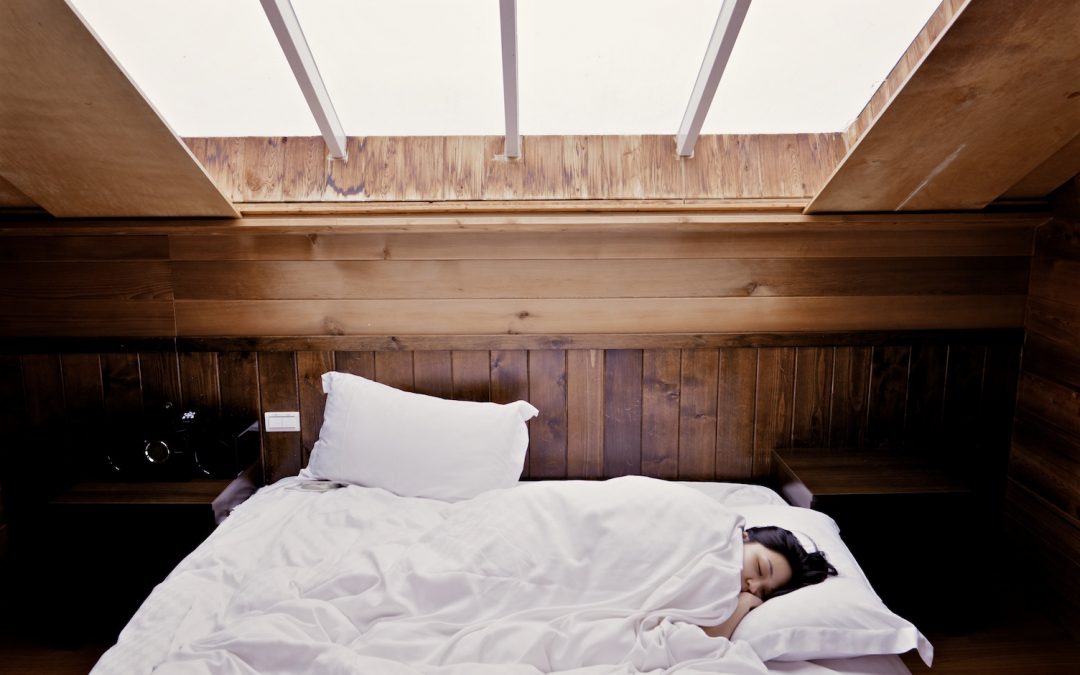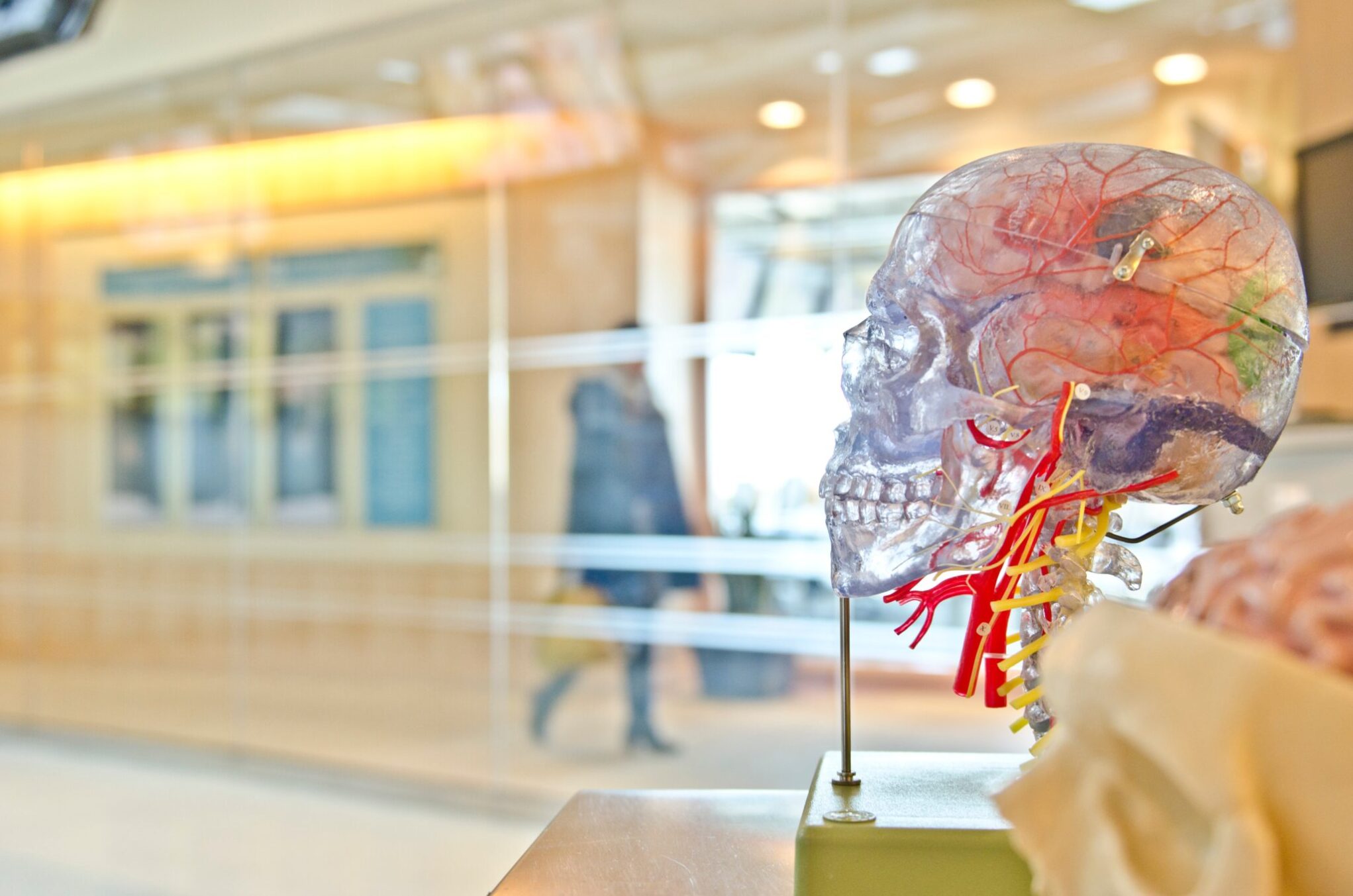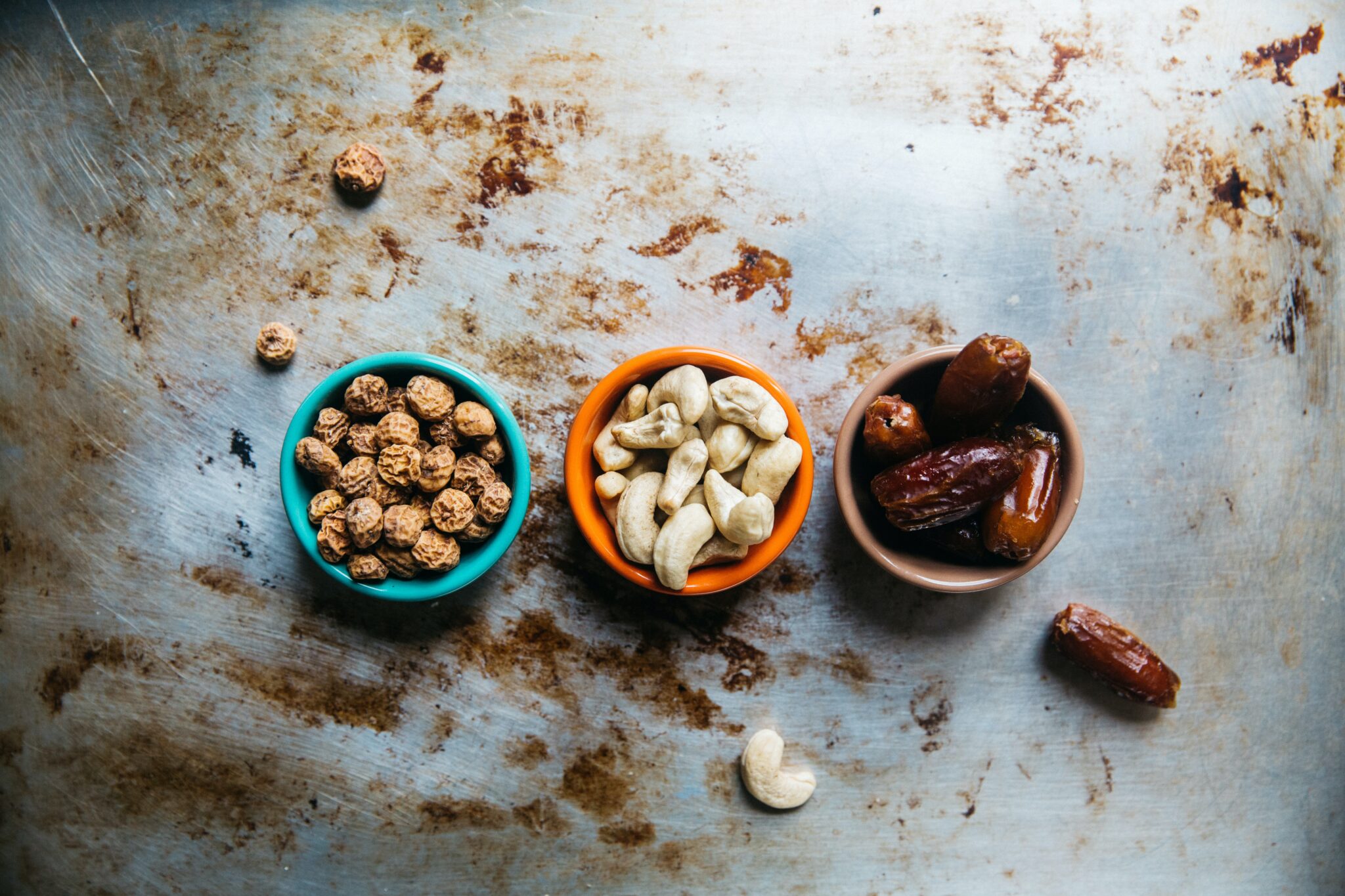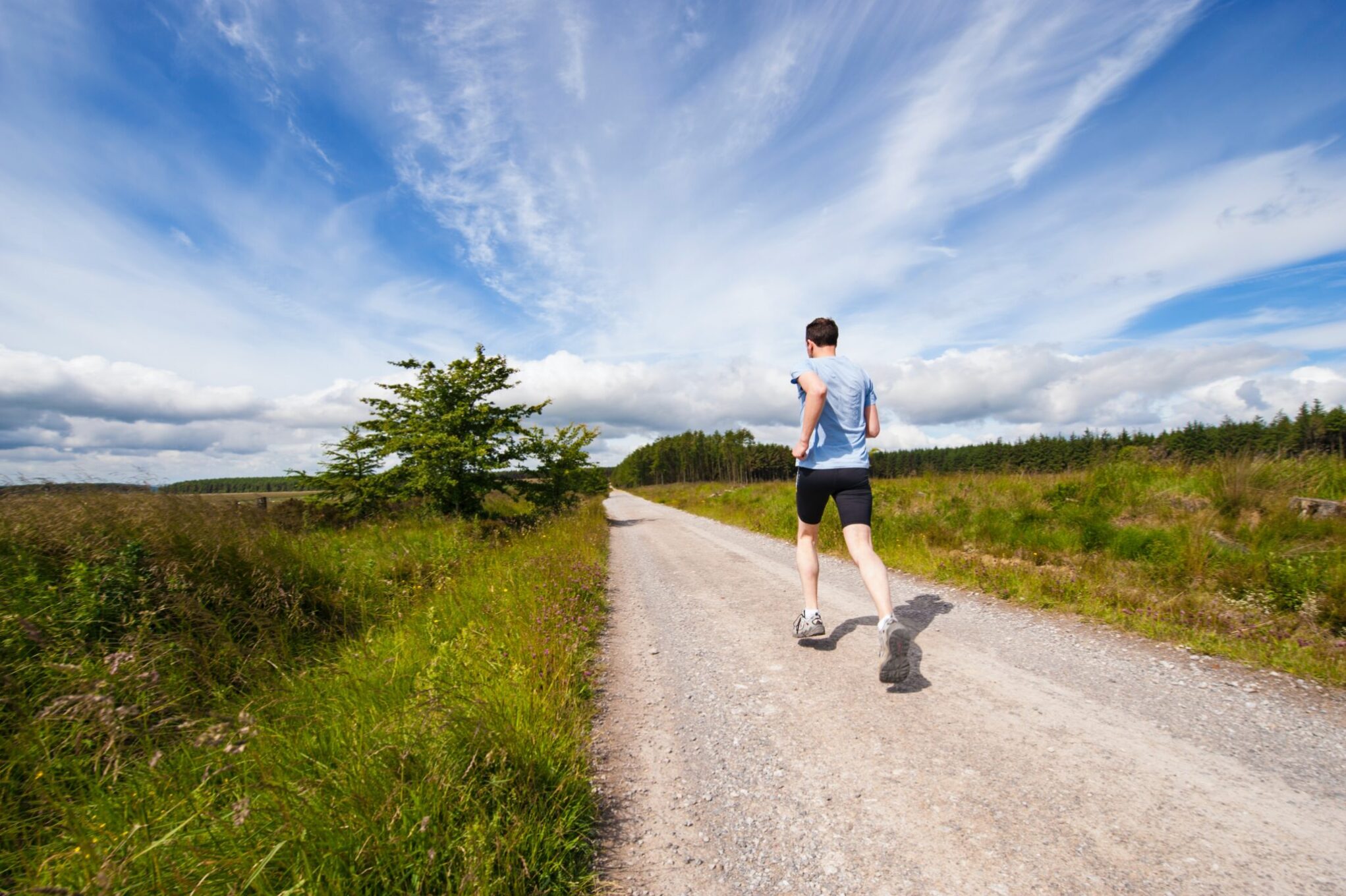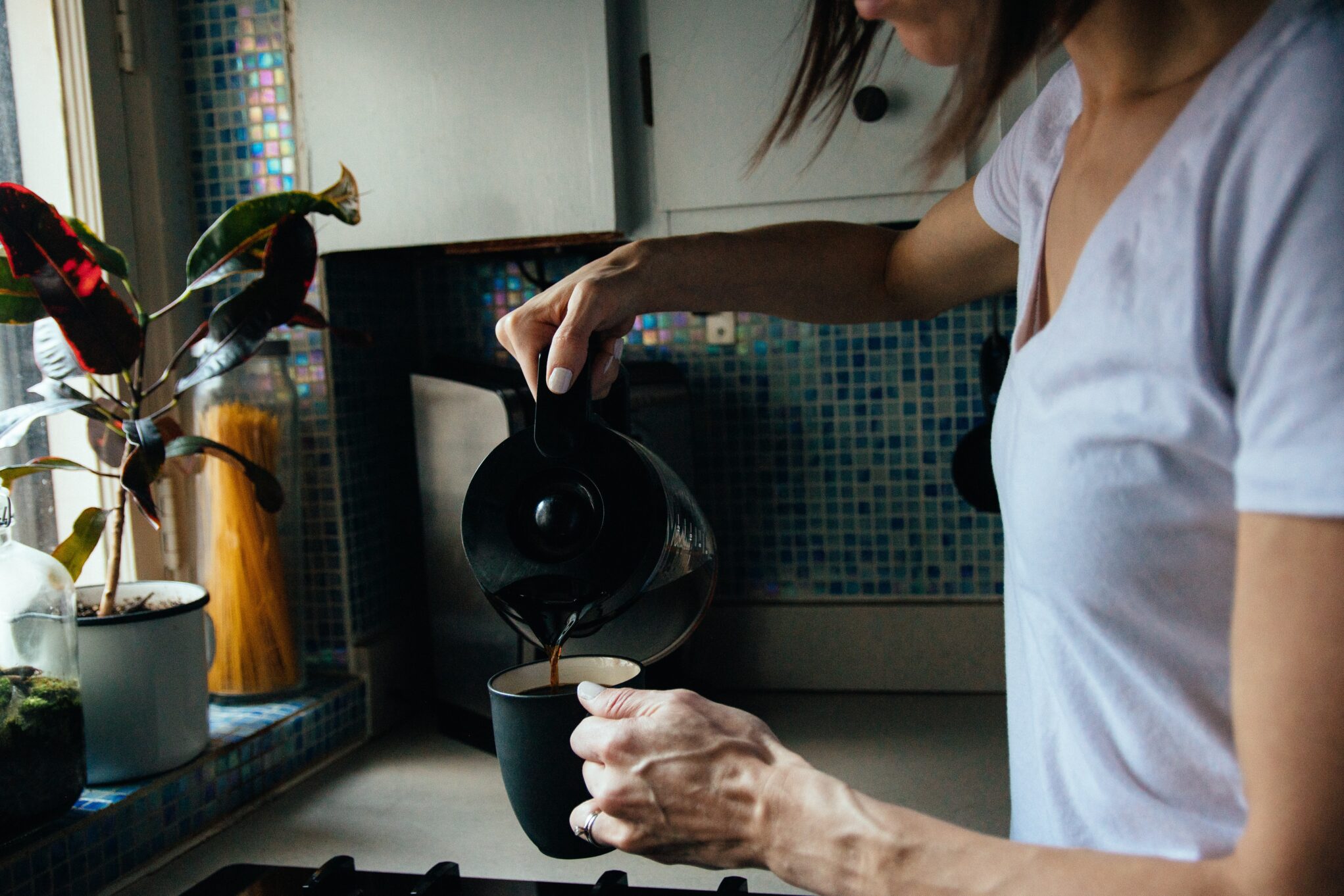- Your max bench press can drop 20lbs after four days of restricted sleep.
- Perceived exertion increases 17-19% after 30 hours of sleep deprivation.
- Sleep loss can result in exhaustion 11% faster than normal.
When sleep is lost, it can put athletes in to a comparable state called ‘Overtraining Syndrome.’ Overtraining Syndrome looks a little different for athletes, but some common symptoms can include: headaches, muscle soreness, depression, decreased training capacity, and a decrease in immune function. Ultimately leaving these athletes more susceptible to colds and flus.
Research also highlights that impaired sleep can also result in an increase of inflammation; and with inflammation comes further stress on the body. When our bodies are inflamed, recovery takes significantly longer and it can be quite taxing in the long run.
During the 2016 Rio Olympics, special consideration had to be taken by the Olympic committee for preliminary and final competitions, as some were scheduled at night. Research showed that night competitions could lead to increased risk of injury, poor decision making, decreased attention, and decreased performance. Due to this research, sleep specialists were consulted to implement scheduled naps, melatonin supplementation, sleep hygiene practices, and light exposure for the athletes to ensure maximum performance.
Here are my top three sleep hygiene tips for athletes:
- Bed is for sleep and sex only. Keep everything out of your bedroom except these two things. When you have a number of different distractions in your room from TVs to study desks, your brain is not able to perceive its job in the bedroom. Exposing yourself to computer, phone and television screens before bed significantly contributes to poor sleep.
- Maintain a sleeping schedule where you rise and fall asleep at the same times each day. This includes the weekends as well. When you don’t follow a schedule you are continually adjusting the body’s internal clock and this can affect your sleep drive.
- Keep vices to a minimum. Keep your caffeine, alcohol, and exercise as far away from bedtime as you can. Caffeine and working out are major stimulants and can make it very hard to sleep afterwards. Alcohol can make you feel tired but it doesn’t set you up for a good night sleep. Alcohol also reduces REM sleep which is the stage where healing and regeneration occurs.
Don’t let sleep get in the way of maximizing your athletic performance. Book in for a free 15 minute consult to see how we can help.
References: Sleep and athletic performance: the effects of sleep loss on exercise performance, and physiological and cognitive responses to exercise. (Fullagar HH, Skorski S, Duffield R, Hammes D, Coutts AJ, Meyer T. Sports Med. 2015 Feb;45(2):161-86.) Sleep, circadian rhythms, and athletic performance. (Thun E, Bjorvatn B, Flo E, Harris A, Pallesen S. Sleep Med Rev. 2015 Oct;23:1-9. doi: 10.1016/j.smrv.2014.11.003. Epub 2014 Nov 20.) Sleep and Recovery in Team Sport: Current Sleep-Related Issues Facing Professional Team-Sport Athletes. (Fullagar HH, Duffield R, Skorski S, Coutts AJ, Julian R, Meyer T. Int J Sports Physiol Perform. 2015 Nov;10(8):950-7. doi: 10.1123/ijspp.2014-0565. Epub 2015 Mar 10)

